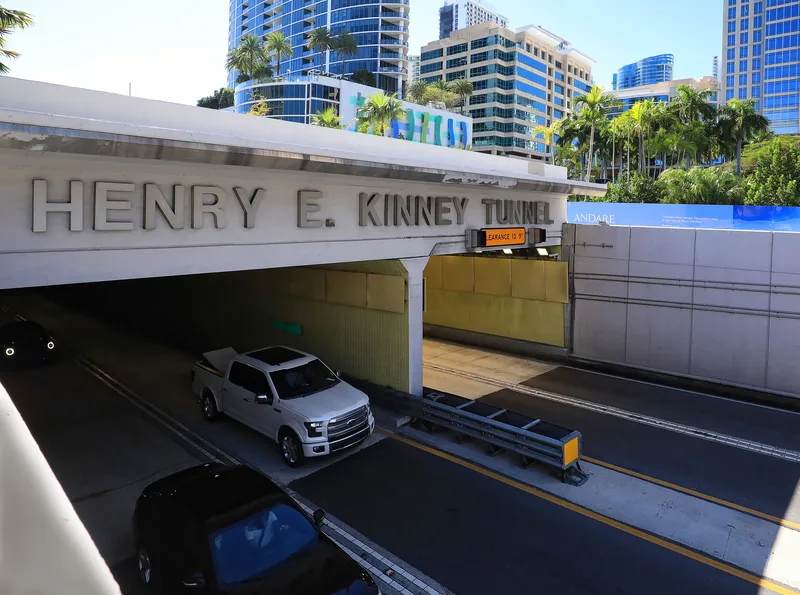Brazil's Pernambuco state environmental authorities have approved a preliminary licence for construction of the US$459 million Arco Metropolitano bypass road's São Lourenço da Mata-Cabo de Santo Agostinho stretch.
National transport infrastructure department DNIT is preparing final details to tender the project in state capital Recife's metropolitan region. It includes developing a basic plan and executing civil works, said national transport federation CNT in a release
The project to build a 45km two
May 1, 2015
Read time: 2 mins
Brazil's Pernambuco state environmental authorities have approved a preliminary licence for construction of the US$459 million Arco Metropolitano bypass road's São Lourenço da Mata-Cabo de Santo Agostinho stretch.
National transport infrastructure department DNIT is preparing final details to tender the project in state capital Recife's metropolitan region. It includes developing a basic plan and executing civil works, said national transport federation CNT in a release
The project to build a 45km two-lane highway, linking the north and south stretches of federal highway BR-101, will start at the BR-408 junction in the city of São Lourenço da Mata and end at BR-101 near the city of Cabo de Santo Agostinho.
The highway will mitigate traffic congestion in urban Recife and facilitate cargo transport to Suape port in Ipojuca city. The Ipojuca-São Lourenço da Mata stretch will be built following completion of the São Lourenço da Mata-Cabo de Santo Agostinho stretch.
Falling under the country's growth acceleration plan, known as PAC, President Dilma Rousseff has confirmed that the project is included in a concessions program the federal government intends to announce in May, local paper Valor Econômico reported.
National transport infrastructure department DNIT is preparing final details to tender the project in state capital Recife's metropolitan region. It includes developing a basic plan and executing civil works, said national transport federation CNT in a release
The project to build a 45km two-lane highway, linking the north and south stretches of federal highway BR-101, will start at the BR-408 junction in the city of São Lourenço da Mata and end at BR-101 near the city of Cabo de Santo Agostinho.
The highway will mitigate traffic congestion in urban Recife and facilitate cargo transport to Suape port in Ipojuca city. The Ipojuca-São Lourenço da Mata stretch will be built following completion of the São Lourenço da Mata-Cabo de Santo Agostinho stretch.
Falling under the country's growth acceleration plan, known as PAC, President Dilma Rousseff has confirmed that the project is included in a concessions program the federal government intends to announce in May, local paper Valor Econômico reported.









